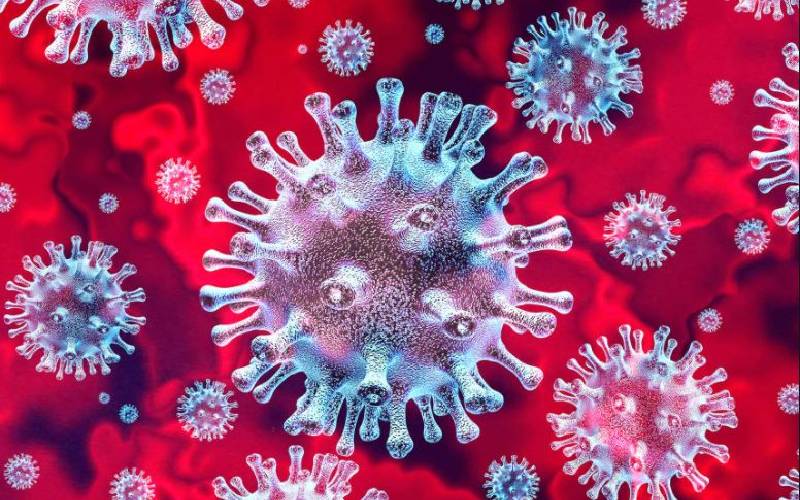×
The Standard e-Paper
Home To Bold Columnists

The government on Wednesday, May 5, 2021 announced the detection of the Indian variant of Covid-19 in the country following tests on workers at a sugar firm in Kisumu.